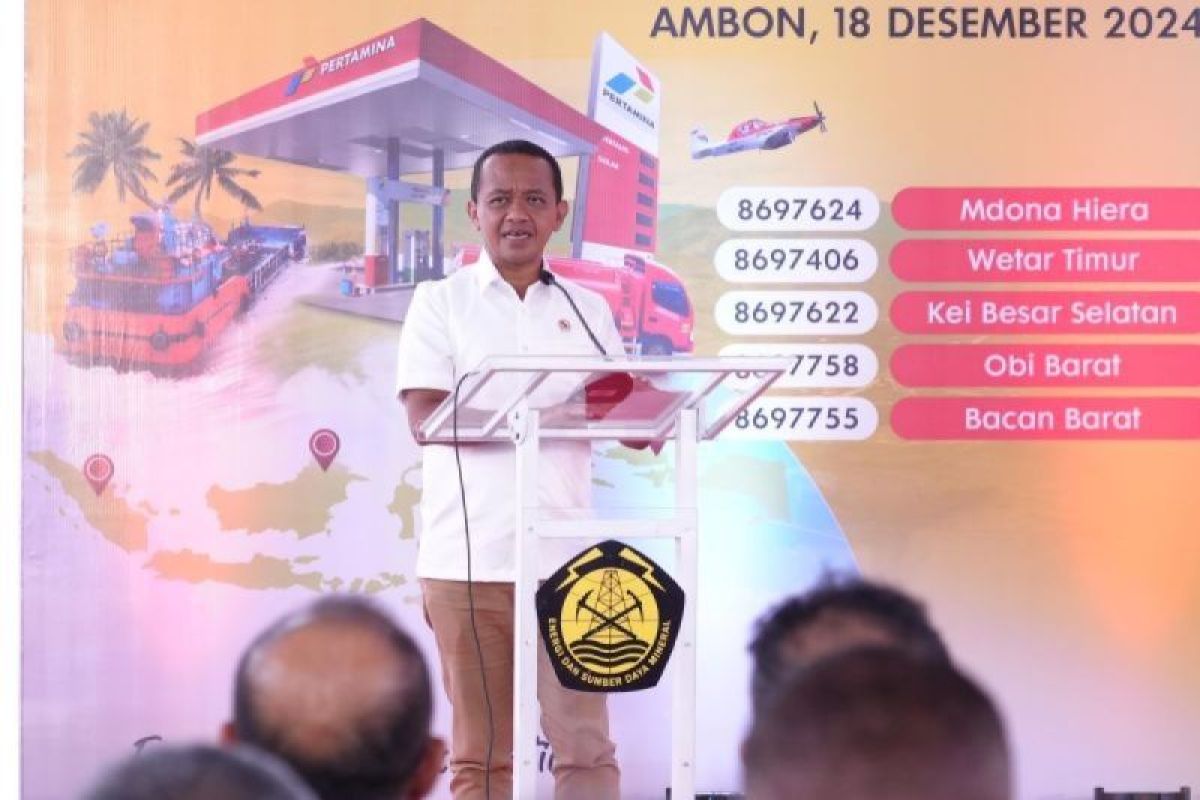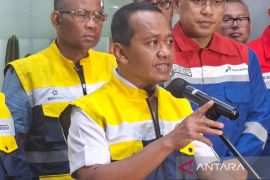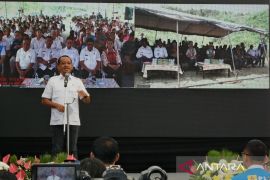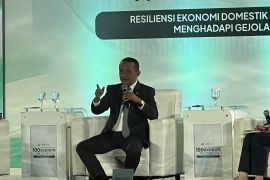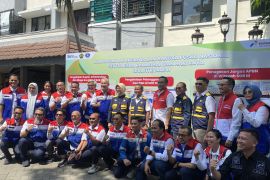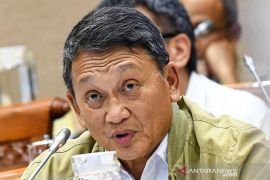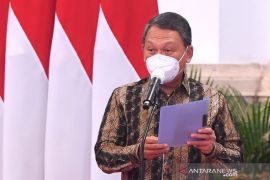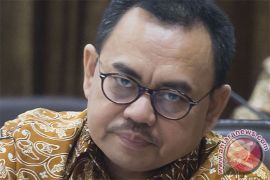"By combining Indonesia's abundant mineral resources with Japan's expertise in technology, the two countries can establish innovation, encourage economic growth, and contribute to global efforts to combat climate change," the minister noted in a statement from his office on Saturday.
Lahadalia made the statement in connection with the 8th Indonesia-Japan Energy Forum (IJEF), which will take place in December 2024. This forum is an important event that will strengthen strategic cooperation between both nations in the energy sector.
The minister echoed Indonesia's commitment to achieving net zero emissions with a global target in 2050, while Indonesia has set 2060 as the deadline to achieve the target.
"Indonesia has shown its commitment to reducing emissions with a target of 915 million tons of CO2 in 2030, including a contribution from the energy sector of 358 million tons," he noted.
According to Lahadalia, Indonesia successfully reduced its emissions by 128 million tons in 2023 through initiatives focused on energy efficiency, the development of renewable energy, and the implementation of low-carbon technologies.
At the 7th Indonesia China Energy Forum (ICEF), the minister also emphasized Indonesia's commitment to energy transition as a major breakthrough in realizing the global commitment to achieving decarbonization.
Indonesia has shown a significant commitment to collaborating with the Chinese government in recent diplomatic efforts.
"We have developed a comprehensive Net Zero Emission (NZE) Roadmap in the energy sector," he said.
In this regard, the government is providing collaboration opportunities to China, capitalizing on Indonesia's significant New and Renewable Energy (EBT) resources, such as the Hydroelectric Power Plant (PLTA) in Kayan (13,000 MW) and Mamberamo, Papua (24,000 MW).
Furthermore, Lahadalia highlighted that the government is also focused on downstreaming with an orientation towards green energy and green industry.
To this end, based on the energy transition roadmap, the Indonesian government is implementing a strategy towards carbon neutrality from the supply side, such as focusing on solar, hydro, geothermal, and hydrogen power plants.
He stated that this approach will be complemented by the gradual phase-out of coal-fired power plants and the adoption of low-emission technologies, namely CCS/CCUS technology.
From the demand side, Lahadalia remarked that the government is pushing the use of battery-based electric motor vehicles, the use of biofuels, and the application of energy management.
Related news: Indonesia urges UK to cooperate in food, energy, water security
Related news: Indonesia-Canada MoU targets energy transition optimization
Translator: Indra Arief P, Resinta Sulistiyandari
Editor: Arie Novarina
Copyright © ANTARA 2024
